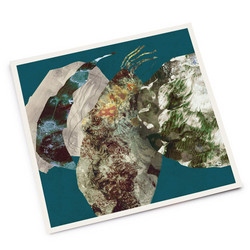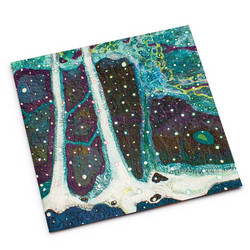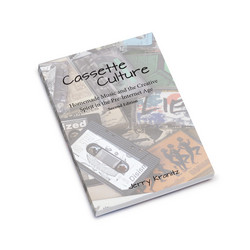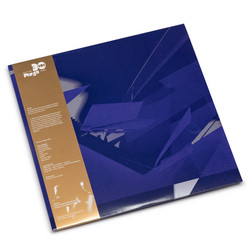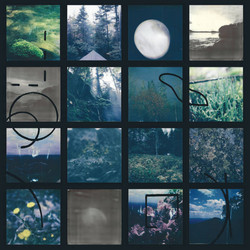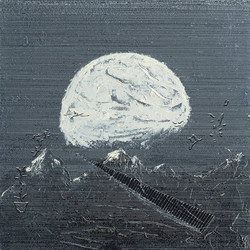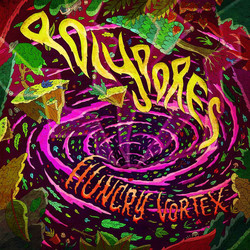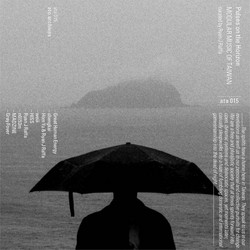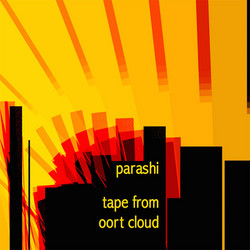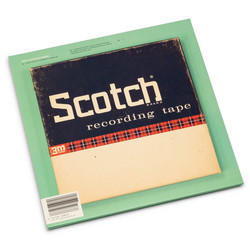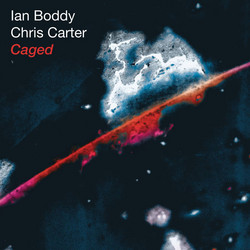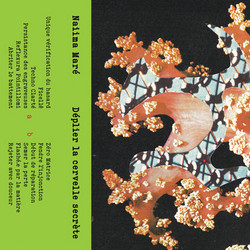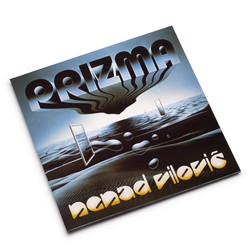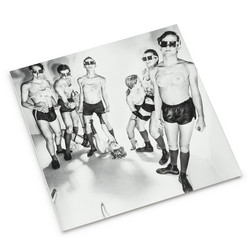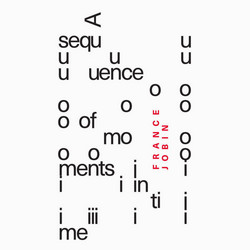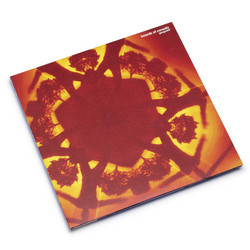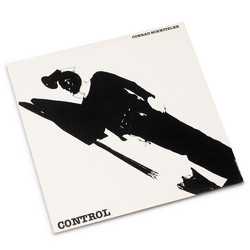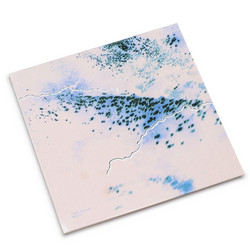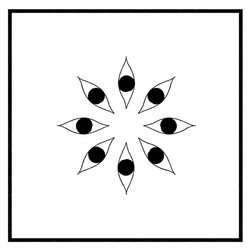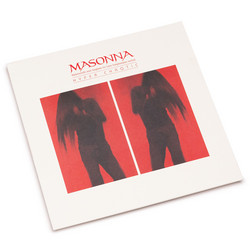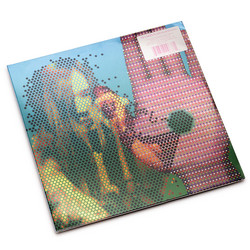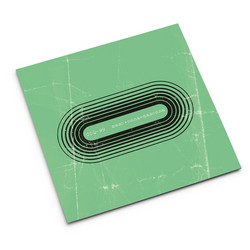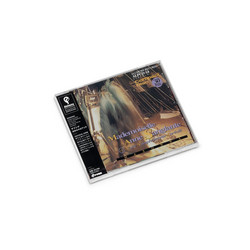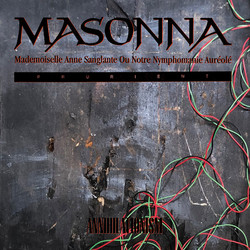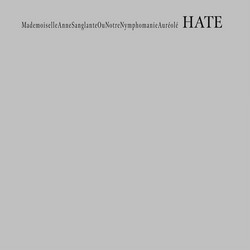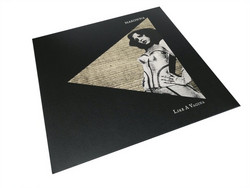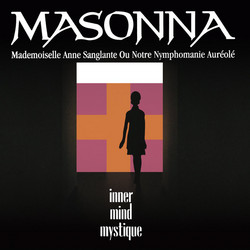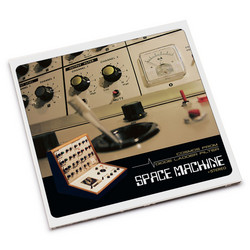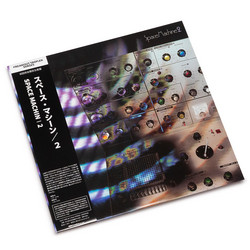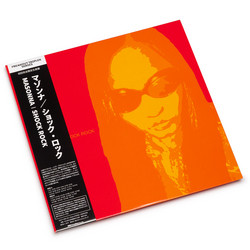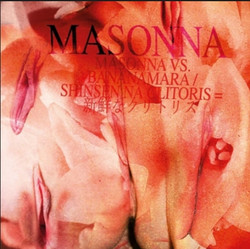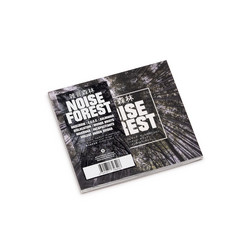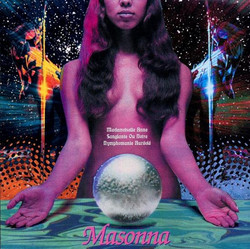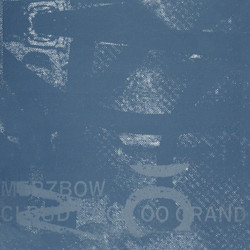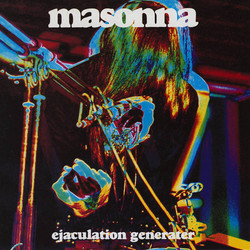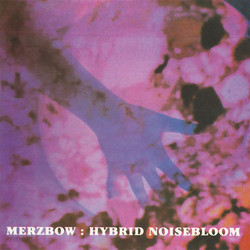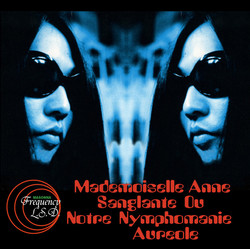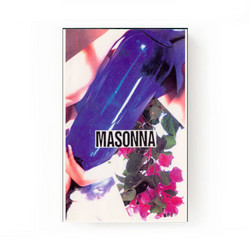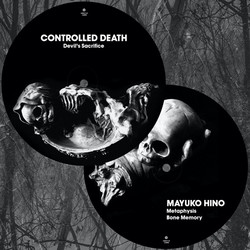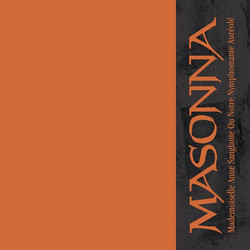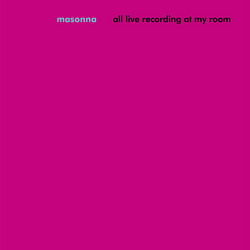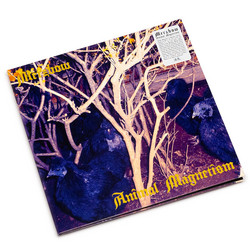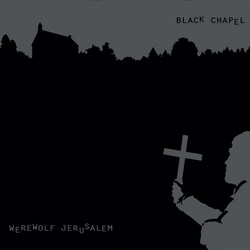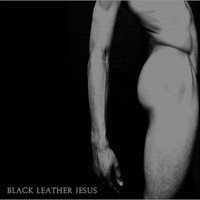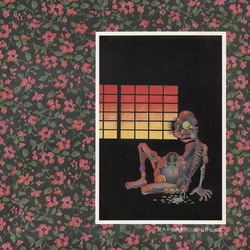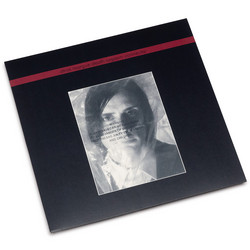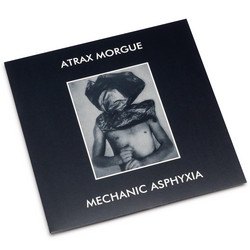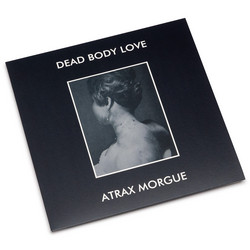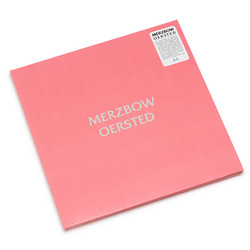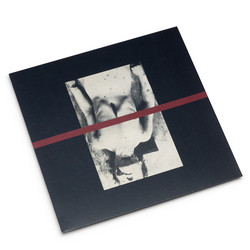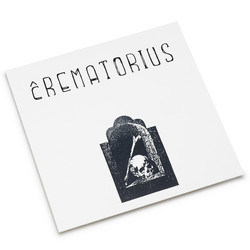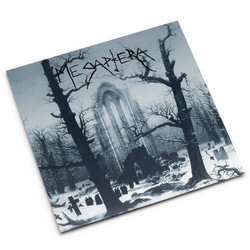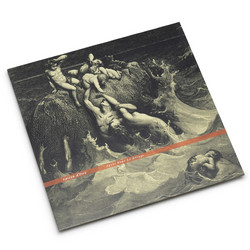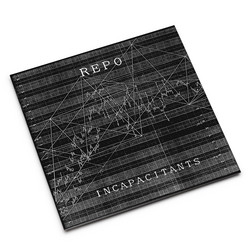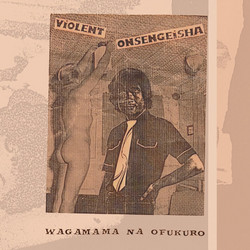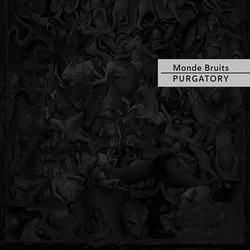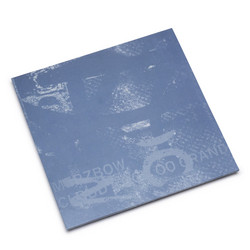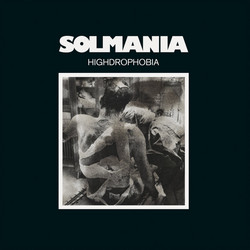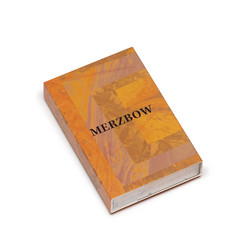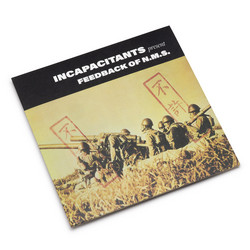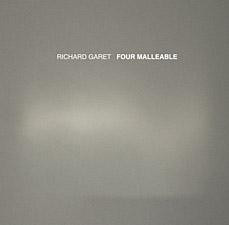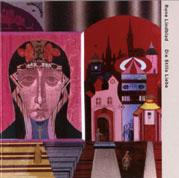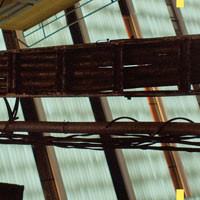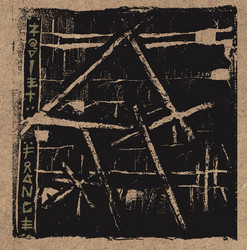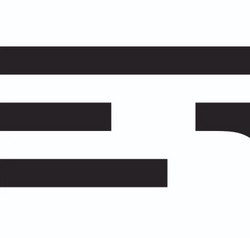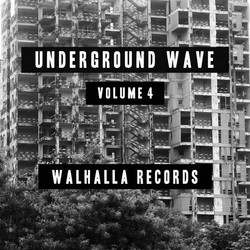Hyper Tip! This incredible box, released in a deluxe wooden edition with digital printing on the lid limited to 300 copies, contains the first album “Cosmos from Diode Ladder Filter” released on CD on Alchemy Records , “2” released on Midi Creative , “3” released on double LP on Tiliqua Records and the four CD EPs released on P-Tapes, California based label run by Damion Romero, reissued for the first in a complete box, accompanied by a square pin and a series of photos of the impressive equipment used by Maso Yamazaki taken by Masahiko Ohno and extensive notes in Japanese by Satoru Higashiseto, translated into English by Alan Cummings. Whether experienced in a live setting or through recorded works, Space Machine's music is an invitation to embark on a sonic odyssey. It is an immersive and transformative journey that expands the boundaries of what is possible in music. Maso Yamazaki's visionary project continues to captivate and inspire listeners, pushing the boundaries of sonic exploration and paving the way for new possibilities in the realm of experimental music.
From around 1998 Yamazaki Maso started to incorporate trippy, spacey electronic elements into Masonna performances. In order to better pursue these elements alone, in 2000 he started Space Machine, his self-labeled "analog electronic cosmic sound project". For as long as he had been performing under the Masonna moniker, Yamazaki had been ardent fan of early electronic music from the 50s and 60s, and in order to research the impact that electronic sounds had upon the spiritual lineage audible in sixties US and British psychedelic music and seventies krautrock, Yamazaki began collecting analog synthesizers and vintage electronic equipment. He continuously experimented with these instruments in his home studio, and while groping towards an understanding he discovered a new direction for his own music, a direction different from his work as Masonna.
The violent extremity of Masonna live performances made no allowances for avoiding inevitable and direct physical damage to the body. In 2000 Yamazaki was forced to temporarily cease Masonna activities due to ill health, and this allowed him to concentrate more fully on Space Machine. Space Machine - the end result of Yamazaki's daily inner trip explorations of music at his Space Machine Systems Studio - and Masonna are like two sides of the same coin. Space Machine's concept exists at the opposite pole to Masonna's screaming noise action and extreme one-man rock band style. In Space Machine, all vocals, physical action and rock elements have been comprehensively excluded in favor of a non-rhythmic, pure electronic sound that cannot even be considered as part of the noise genre. The sounds are created using only analog echo machines and analog synthesizers (including the EMS VSC3, Roland System 100 & 100M, PAIA 4700 Modular, Doepfer Modular, etc). There is no use whatsoever of the fuzz and distortion effects so characteristic of noise and rock's musical palette and which were heavily featured in Masonna.
While the sound does have points in common with what is generally known as electronica or onkyo, what sets it firmly apart is the music's tenaciously psychedelic viewpoint. The absence of a beat signals its difference to the hedonistic physicality of trance dance music. And of course there is no connection to old synthesizer music with its whiff of religion and its leanings towards new age naturalism. However, in the fervent and endless cosmic spaces of Space Machine, in the infinite floating weave of its future retro electronic tapestry, in its mixture of the organic and inorganic we can perceive an uncanny vibration. In order to improvise a reflection of the flow of spiritual cosmic space in Yamazaki's subconscious, he has naturally adopted a psychedelic sense of development. In live performance too, his entire nervous system is concentrated on the performance itself, and from beginning to end he resists the temptation to add any additional action. In contrast to a Masonna performance, where, like a flash of light, the instant of awakening determines the end, a Space Machine gig lasts for anything from 30 minutes to two hours. The flickering cosmic drama constructed from hallucinogenic electronic sounds is sometimes accompanied by back-projections that stir up psychedelic images in the mind.
The performances are usually solo, but on occasion Yamazaki has invited guests such as Kawabata Makoto (Acid Mothers Temple), Nakaya Koichi (Nasca Car), or Hasegawa Hiroshi (Astro, ex-C.C.C.C.), to create even more immense cosmic jam sessions.” • Satoru Higashiseto (from box set liner notes)

